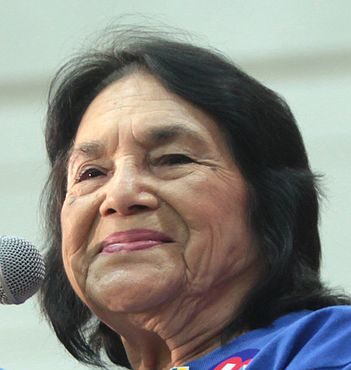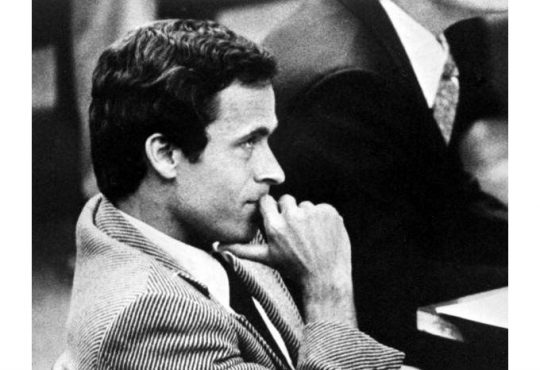Divorce is a messy procedure in the United States, not only for its ramifications for the separating couple but also for their families.
Add Iran’s highly codified Islamic law, conflicts of gender and class, and the alienation and frustrations of a law that cannot account for human emotion, and we begin to approach a situation akin to the tragedy depicted in Asghar Farhadi’s A Separation.
The film opens with a shot of Nader (Peyman Moaadi) and his wife Simin (Leila Hatami) petitioning an off-camera judge for divorce.
The factors that led to this moment are hashed out for the judge: Simin wishes to emigrate from Iran with her daughter Termeh (Sarina Farhadi) in order to give her better future prospects than Iran can offer, while Nader wishes to remain in Iran and look after his father, an Alzheimer’s sufferer who requires constant care.
Simin, willing to withdraw her divorce petition at any time if Nader were to accompany her out of Iran, is frustrated by Nader’s obstinacy: “But he doesn’t know you!” she shouts, Nader responding, “But I know him.”
This conflict between justified intentions permeates the entire work, a testament to Farhadi’s empathy for his characters.
As the drama unfolds, we are given further insight into the half-truths, lies and unsaid truths that are at the heart of the couple’s troubled marriage.
Simin moves into her mother’s apartment, and Nader hires Razieh (Sareh Bayat), an impoverished and deeply devout woman, to take care of the house and Nader’s child-like father.
Although neither we nor Nader knows this originally, Razieh is pregnant and has not told her hot-headed, equally impoverished husband Hodjat (Shahab Hosseini) about her employment with Nader.
This, coupled with the heart-wrenching scene when Nader comes home with his daughter to find his father fallen on the floor, his right arm tied to the bed post, creates the second tragic situation that the film centers around: Nader throws Razieh out the next day, and after she miscarries, Nader finds himself not only in a divorce, but facing manslaughter charges when Razieh’s miscarries her baby.
Set in modern-day Iran, Farhadi’s touching treatment of the legal procedure eschews cultural bias to provide a moving picture of a couple in decline.
Cultural references abound, such as Razieh calling her Imam during her first day at work in order to ask whether cleaning Nader’s father after he had soiled himself is a sin.
Moving portrayals are given by the cast, most noticeably by the couple’s daughter Termeh, an intelligent, sensitive girl who protects her father from prison with her false testimony, all while struggling to keep her family together.
The stress of both legal cases, mired within the bureaucratic complex of the Iranian legal system, takes heavy tolls on all involved, giving the impression that not only Nader and Simin’s marriage, but the lives that they built for themselves, are at stake.
A Separation, written, directed and produced by Farhadi, comes at a time that sees Jafar Panahi, one of Iran’s premier filmmakers, in jail for supporting the opposition movement and Abbas Kiarostami, critically acclaimed Iranian director of The Wind Will Carry Us (1999), now working abroad.
Despite creating initial conflict with Iran’s censors, the film is Iran’s official submission for the foreign-language Academy Award. The film had previously won a Golden Globe for best foreign language film as well as Best Screenplay and Best Foreign Language film from the National Society of Film Critics and is showing at the Egyptian Theater in Seattle until Feb. 23.






